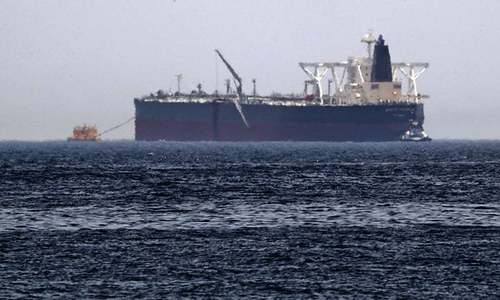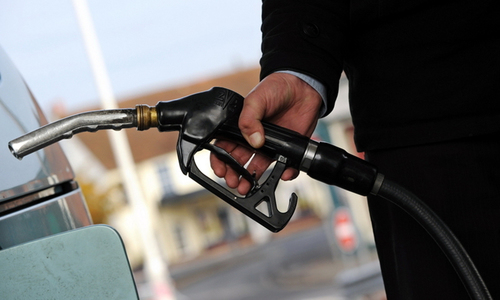How would the oil markets behave in the near future? What would be the demand and consumption scenarios? Has the oil demand already peaked? Any idea about the long-term impact of the pandemic on crude markets? Would the Greens movement gain in intensity or lose steam due to the pandemic?
Answers to these ‘crude’ questions are crucial. Yet, any attempt at answering them is difficult, if not impossible. Opinions remain divided.
Global oil demand is likely to recover to above pre-pandemic levels despite some predictions that the crisis may have already triggered a structural decline in world oil consumption, good old friend Fatih Birol, the head of the International Energy Agency, reportedly said on July 6. “If oil demand goes back to 100 million barrels per day, I would not be surprised. And under a strong recovery, I would not be surprised if it went (even) higher than that,” Birol underlined.
In its Short-Term Energy Outlook released last week, the US Energy Information Administration (EIA) has also raised its forecasts for the US and global benchmark oil prices and crude production for this year and the next. The EIA lifted its 2020 West Texas Intermediate crude price forecast to $37.55 a barrel, up 6.9 per cent from the June forecast. It also expects 2021 prices to average $45.70 in 2021, up 4.1pc from the previous forecast. For Brent crude, it raised this year’s forecast by 6.5pc to $40.50 and next year’s by 3.8pc to $49.70.
Amrita Sen of Energy Aspects, in a recent presentation, said Brent crude prices are set to jump to $66 a barrel in, 2021 and $83 a barrel in 2023, from $43 per barrel in 2020, Bloomberg reported.
Deloitte also says prices would be going up the next year and the following two years as demand continues to recover.
As per Bloomberg, Deloitte sees Brent Crude prices averaging $39 a barrel in 2020, but rising to average $46.50 next year and $64 per barrel in 2023.
Goldman Sachs also expects the prices to rise in 2021, although the short-term forecast stays at $35 a barrel, according to Jeff Currie, global head of Commodities at the investment bank.
Amin Nasser, the CEO of the world’s largest oil company Saudi Aramco, believes the worst in the oil market is over — emphasising he is “very optimistic” for the second half of this year.
JP Morgan sees prices ‘could’ hit $100 a barrel over the next two years. Some others are boasting of oil touch $150 mark, basically due to lack of investments in the sector.
Yet, this is just one side of the story.
In the overall analysis, question marks continue to cloud projections.
Most European oil giants are slashing their oil price forecasts. Italy’s Eni lowered its long-term oil price assumptions last Tuesday, saying that the coronavirus pandemic would have “an enduring impact” on the global economy and energy industry. Eni now forecasts Brent Crude prices at $60 a barrel in 2023 compared to its previous assumption of $70 a barrel. For the years 2020-2022, Brent prices are expected to be at $40, $48, and $55 per barrel, respectively, compared to the previous assumptions of $45, $55, and $70 a barrel.
Last month, the British oil major BP warned of post-tax impairments and write-offs in the range of $13 billion to $17.5bn, expecting the long term average price for Brent Crude to be $55/barrel between 2021 and 2050.
Earlier Shell had also said it could take as much as $22bn in post-tax impairment charge for Q2, warning of a massive write-down of its assets, as it revised its price assumptions after the oil price crash. Shell has also cut its Brent oil prices forecast from $60 per barrel to $35 for this year and lowered its 2021 and 2022 forecasts to $40 and $50 per barrel, respectively, down from $60 previously.
Citigroup is also of the view the demand growth for refined oil products will never return to the pre-pandemic levels. “Oil product demand growth will falter significantly, change its contours and never return to pre-Covid-19 rates of growth”.
Citi says oil is more likely to be at $45 than $60 a barrel in the long-term.
Thus despite some projections, a return to $100 crude era seems very difficult at this stage.
Crude tomorrow will definitely be different from that of yesterday. The only issue under the hammer now is; to what extent? And that answer would settle the contours of the crude world tomorrow.
Yet, to say the least, the overall crude picture continues to stay dismal, if not absolutely abject.
Published in Dawn, July 12th, 2020













































